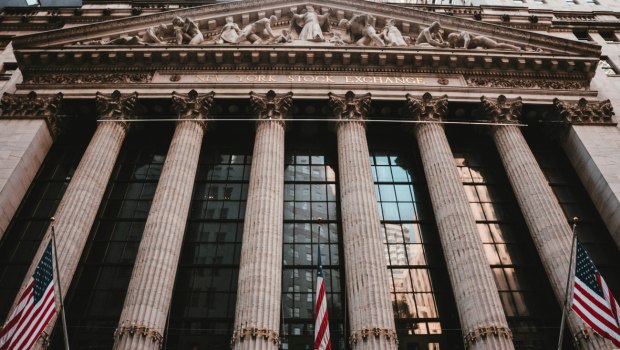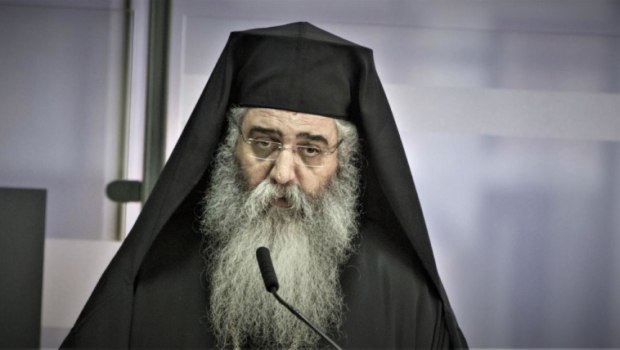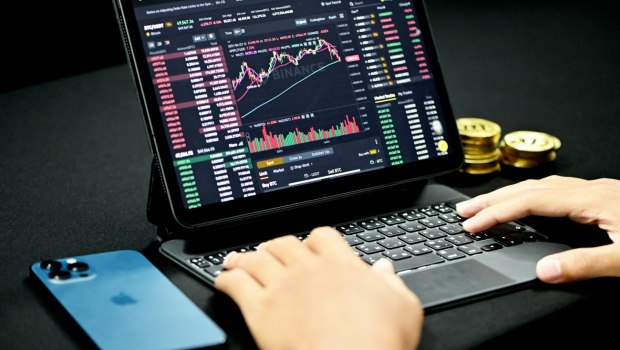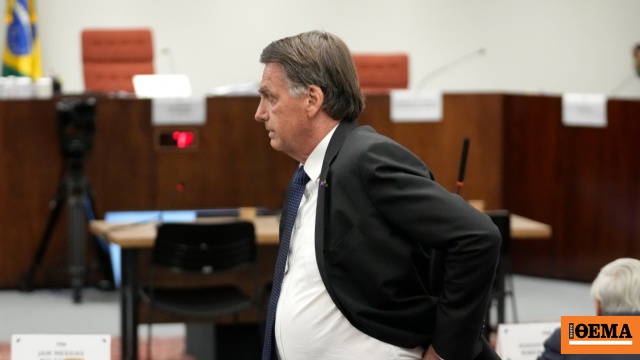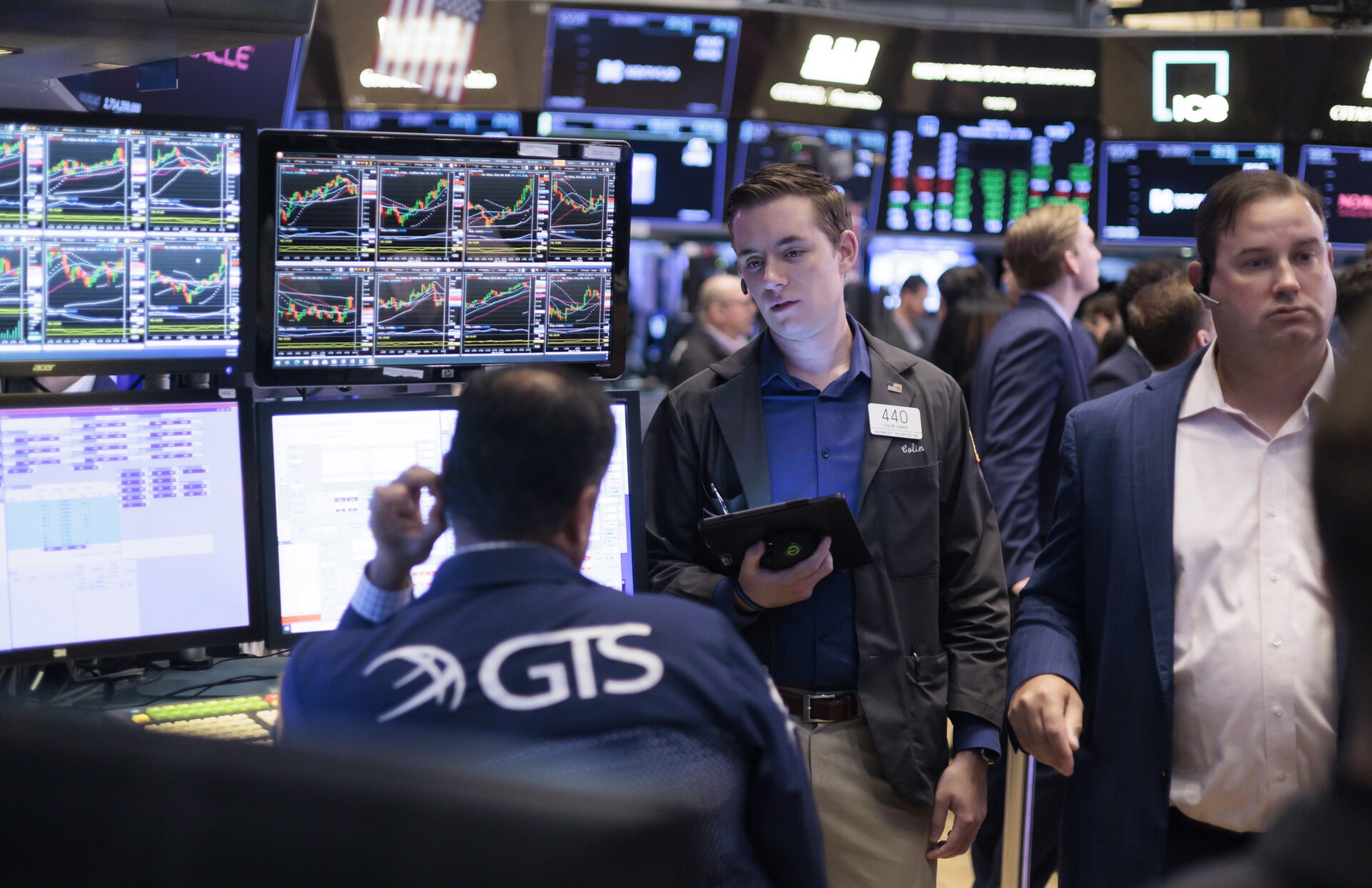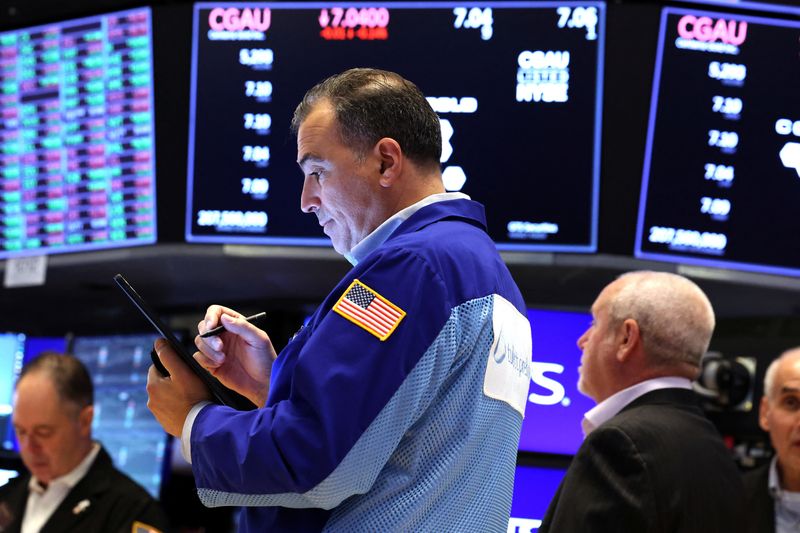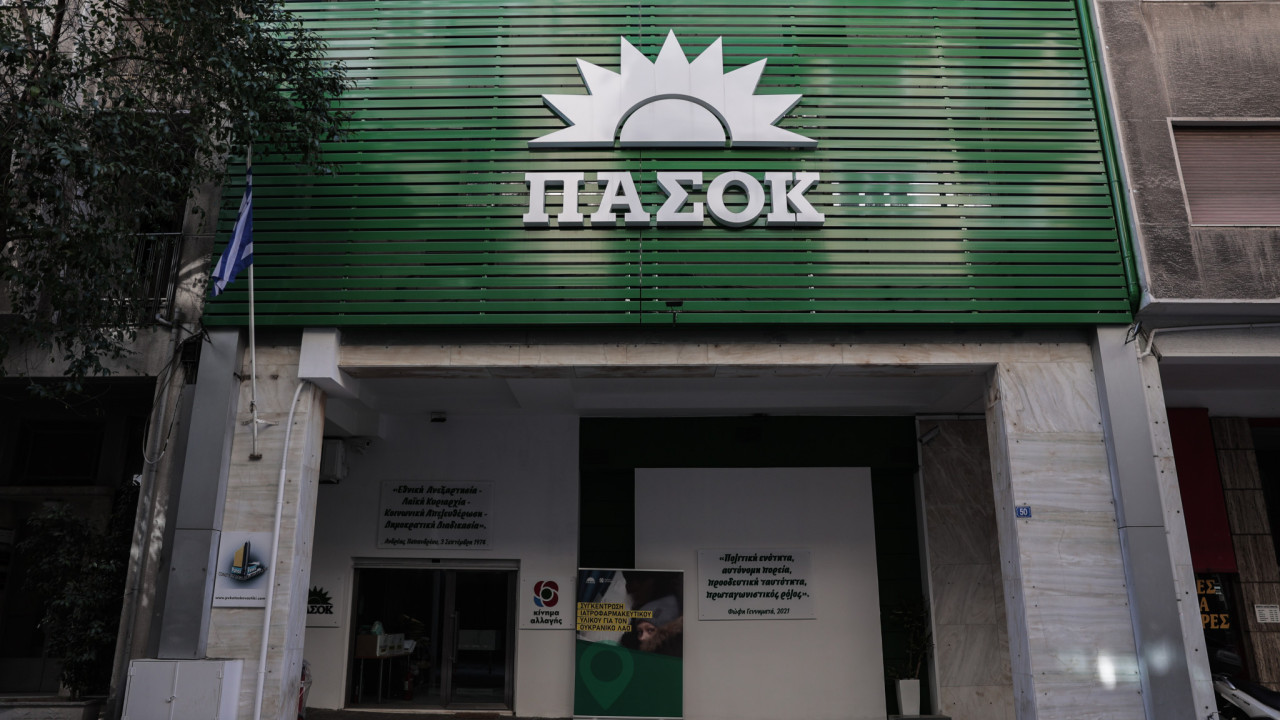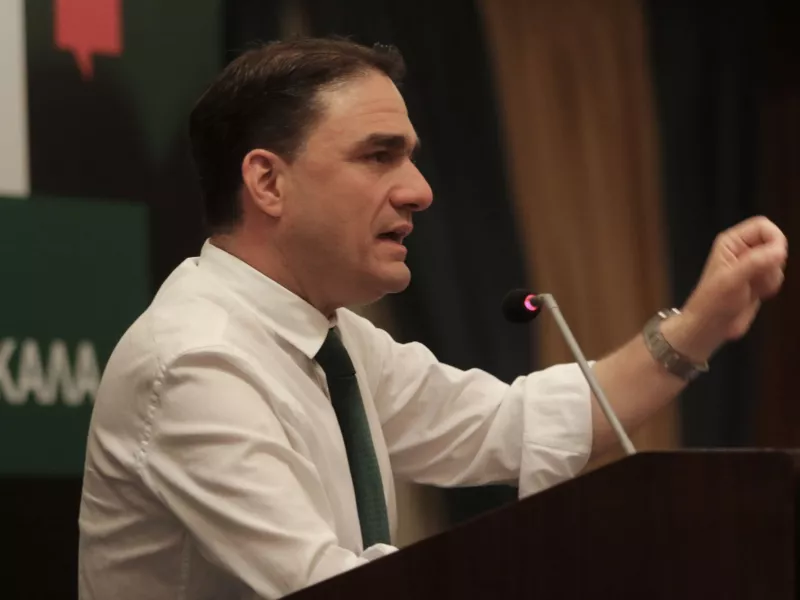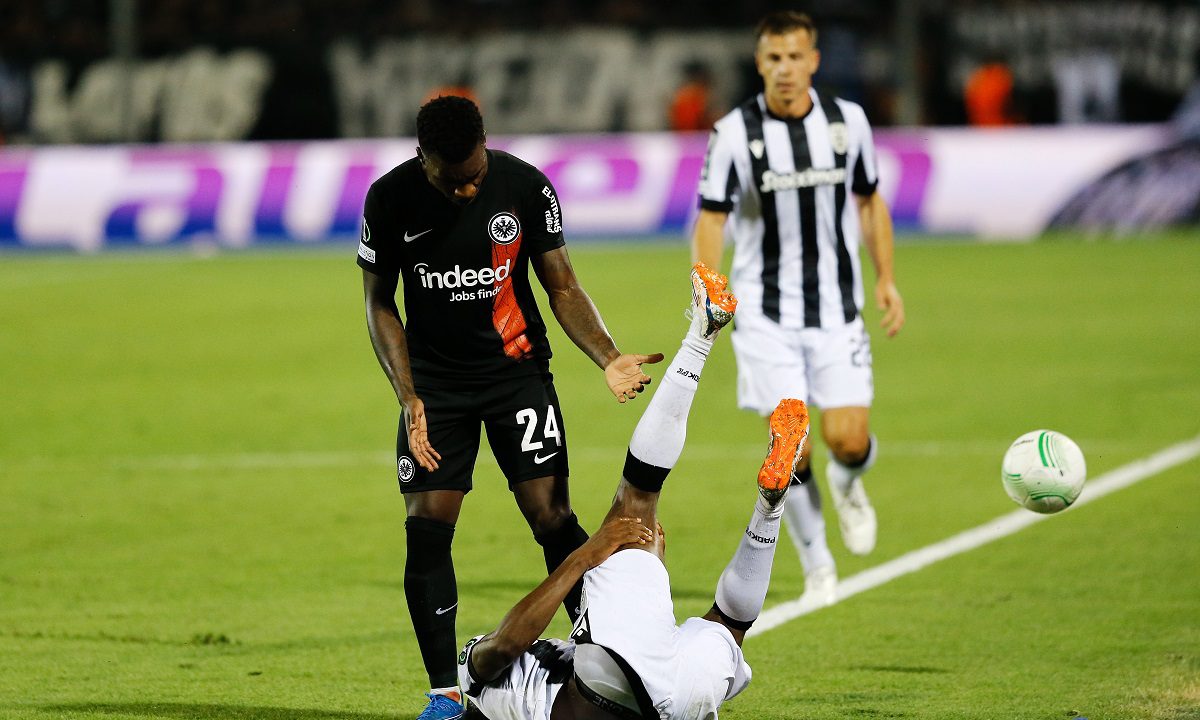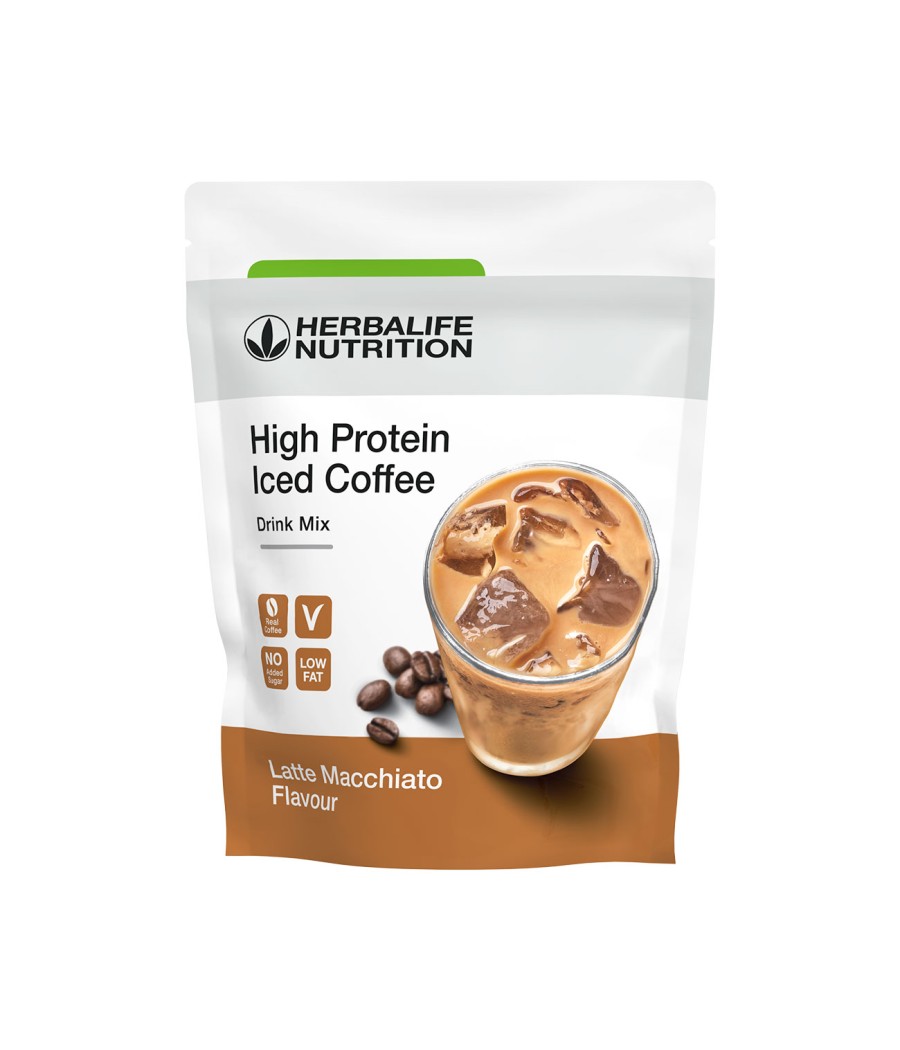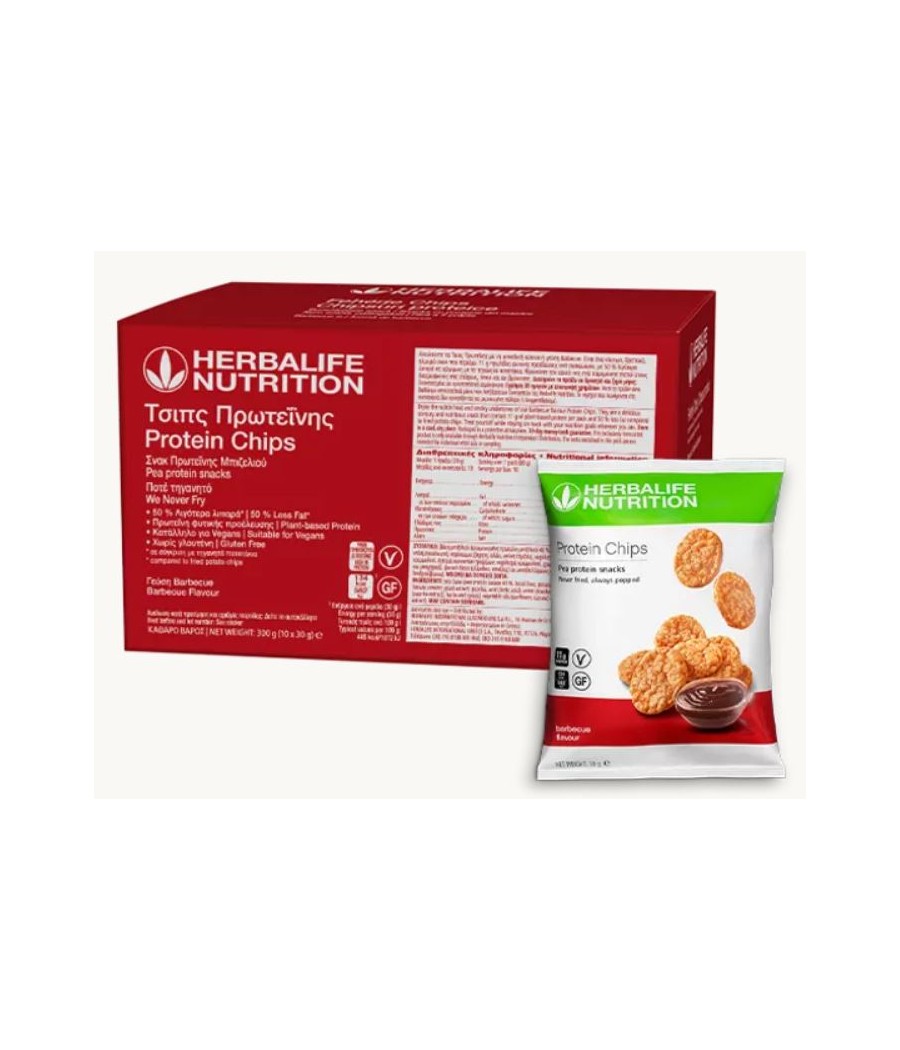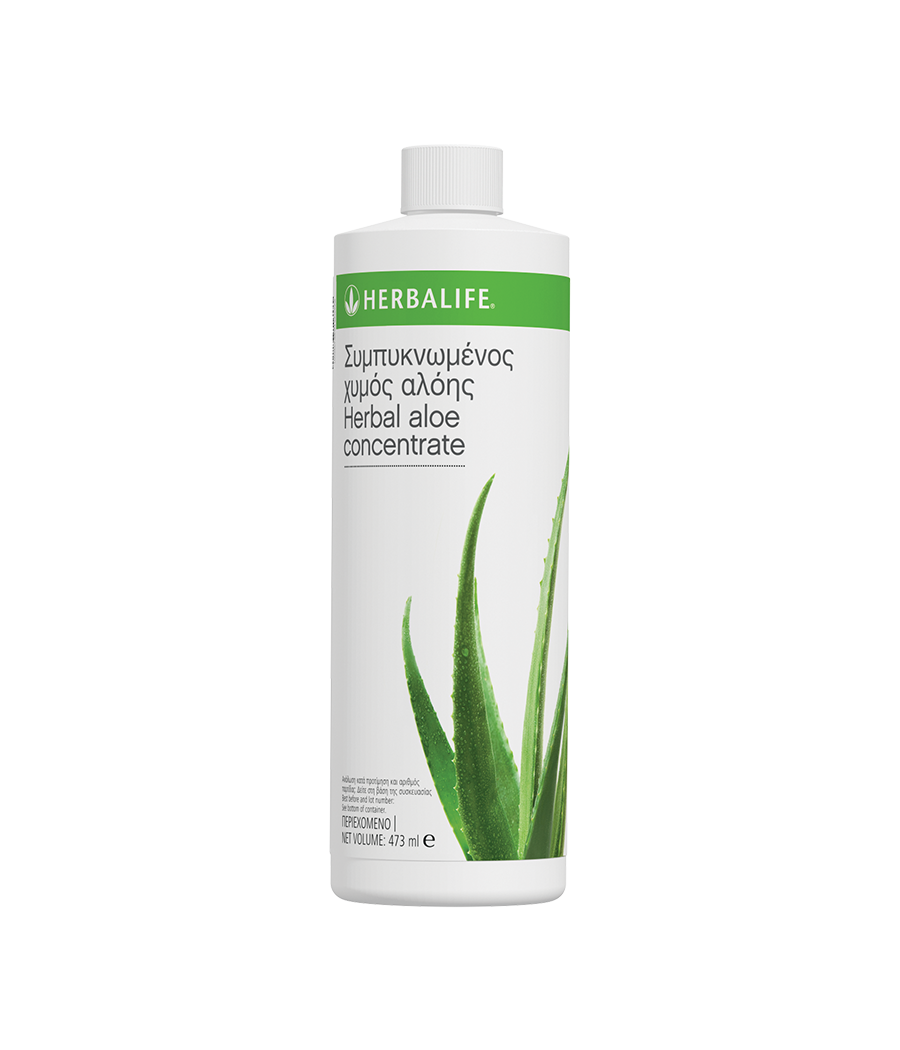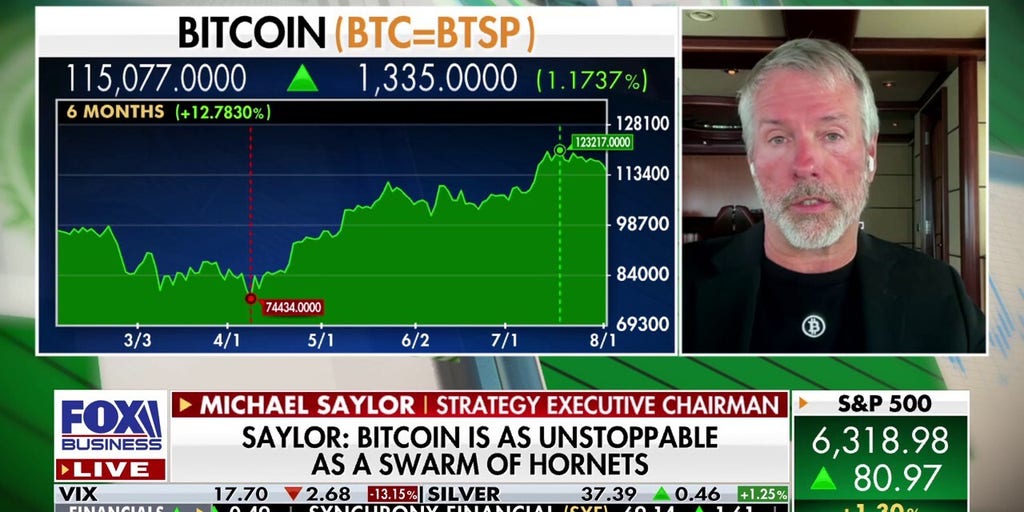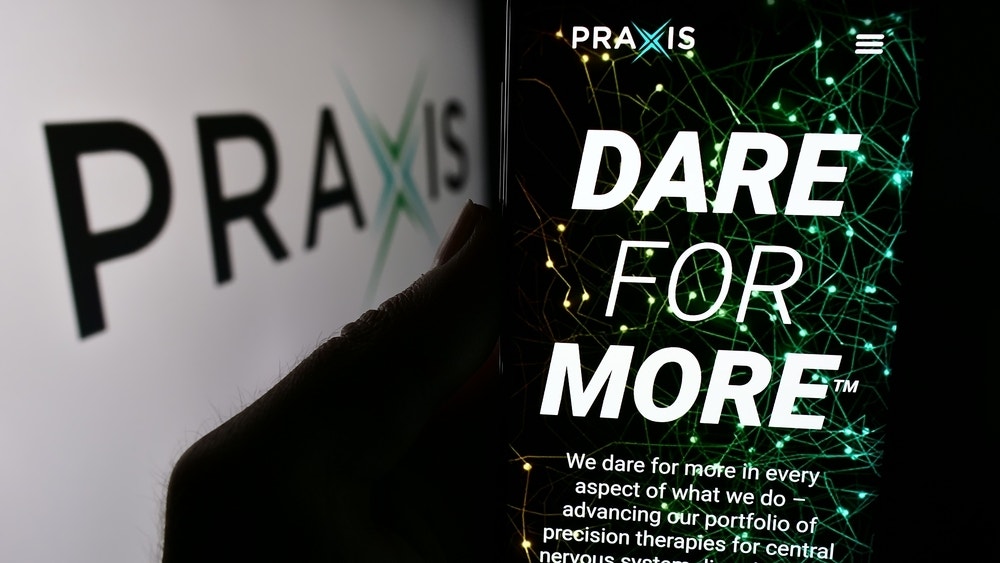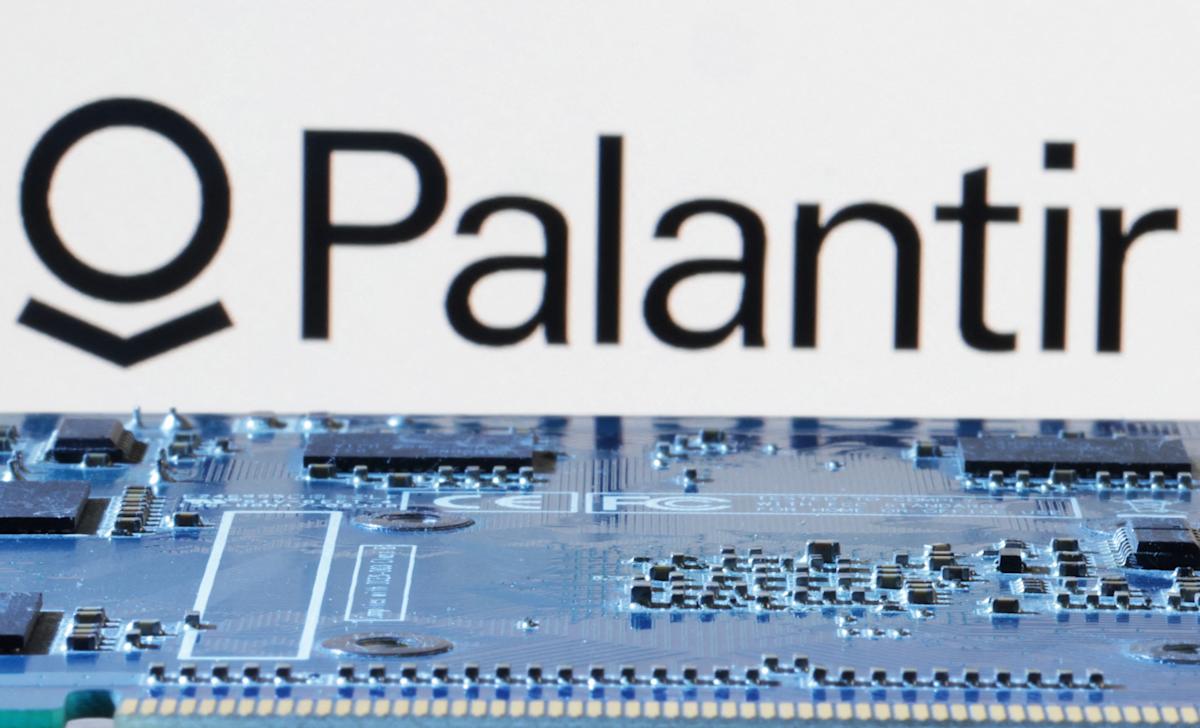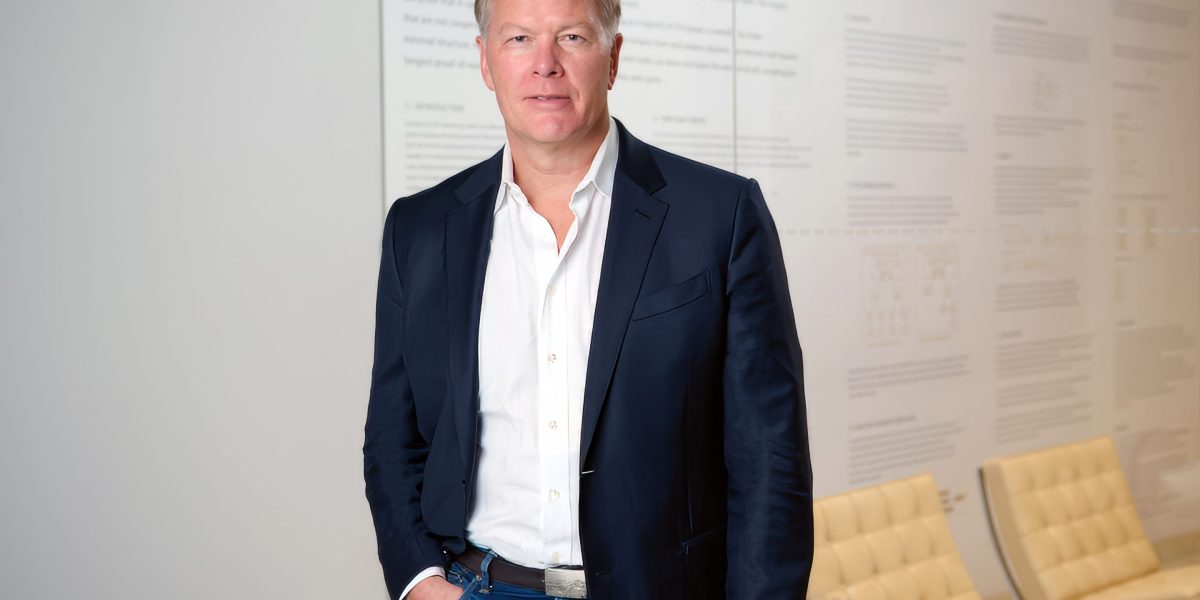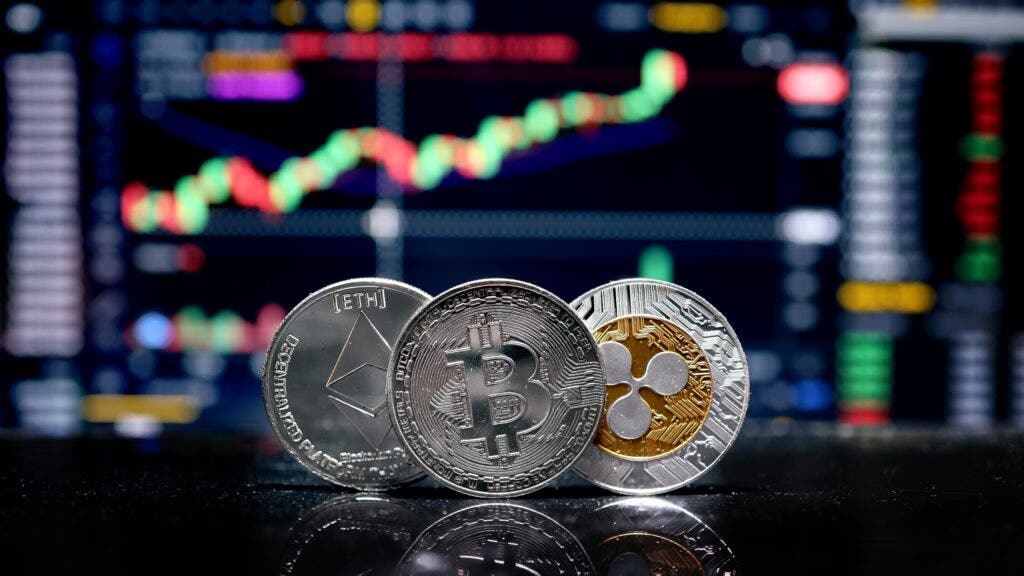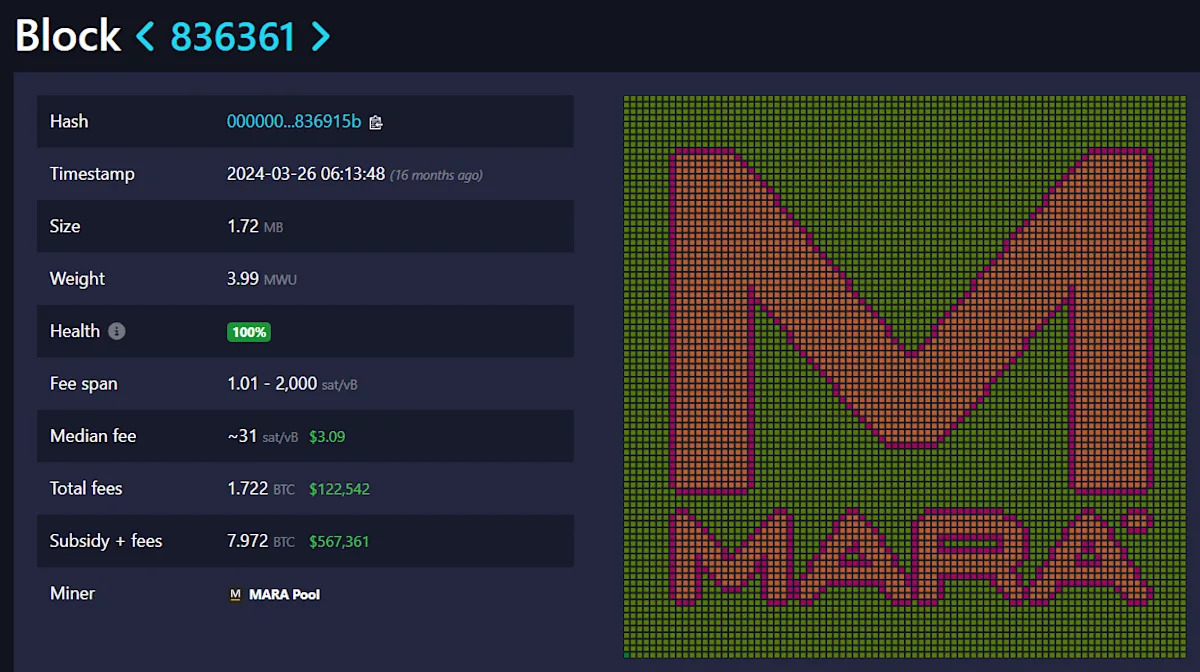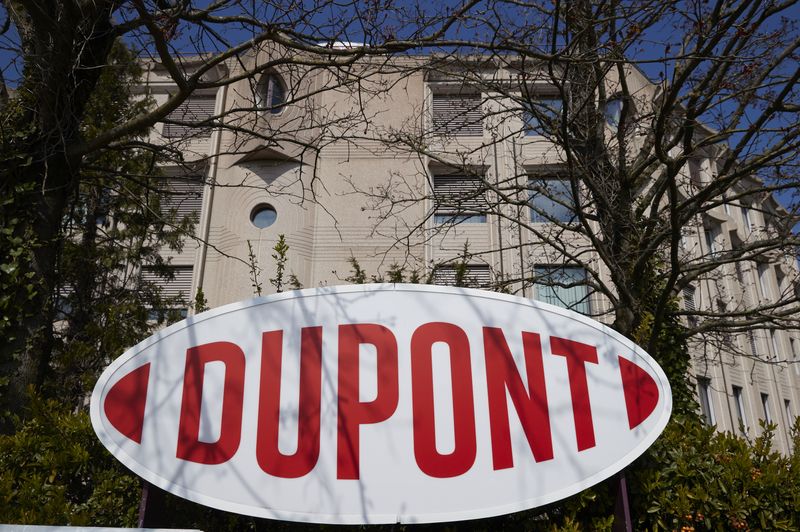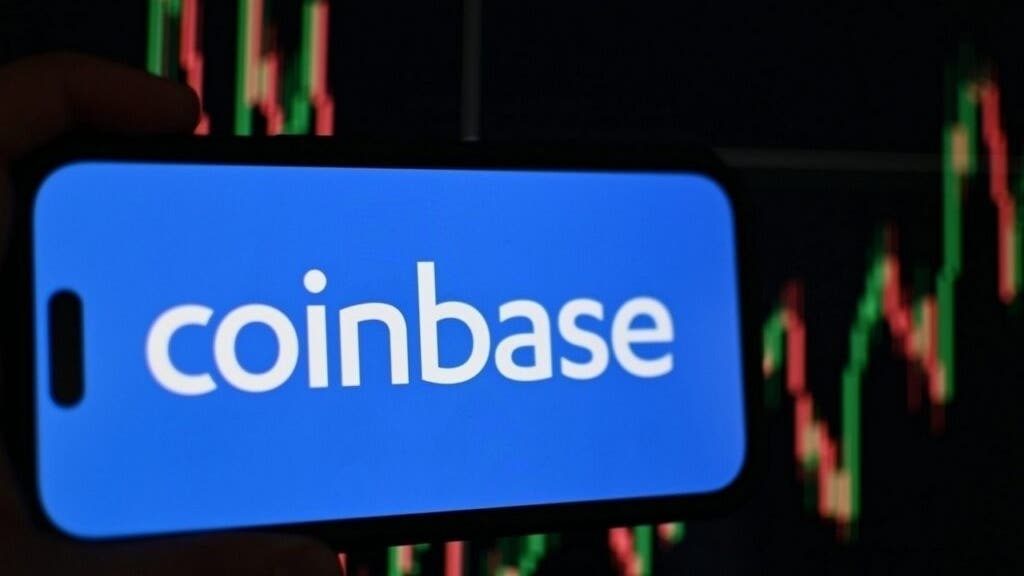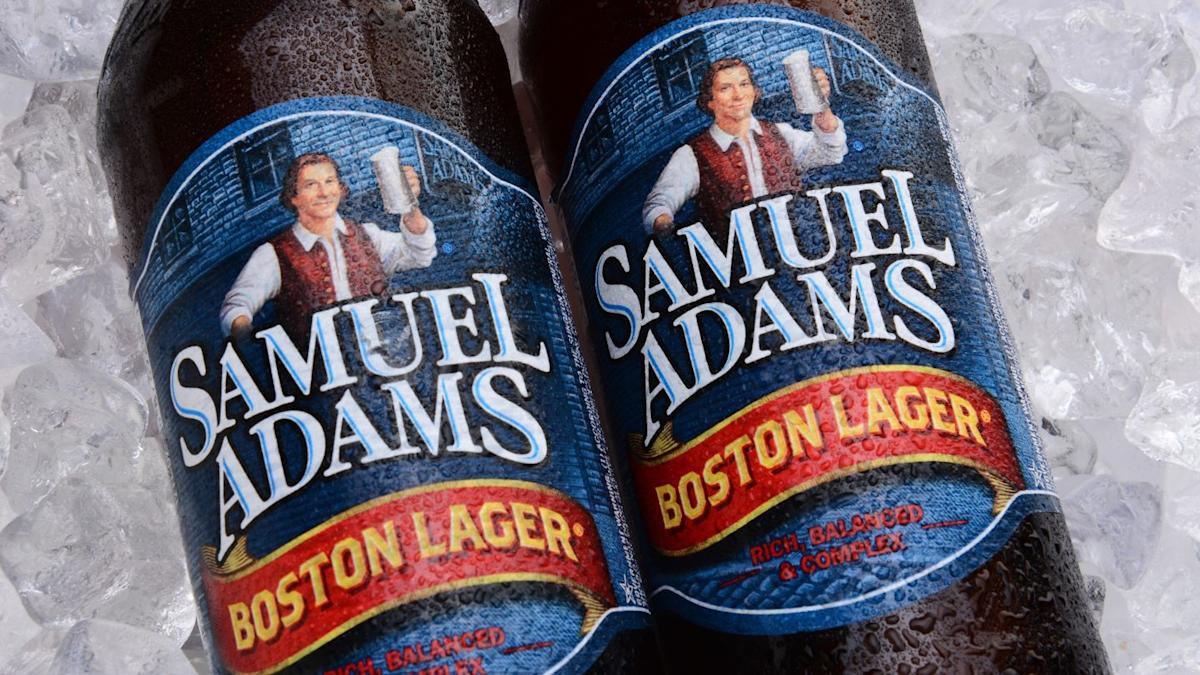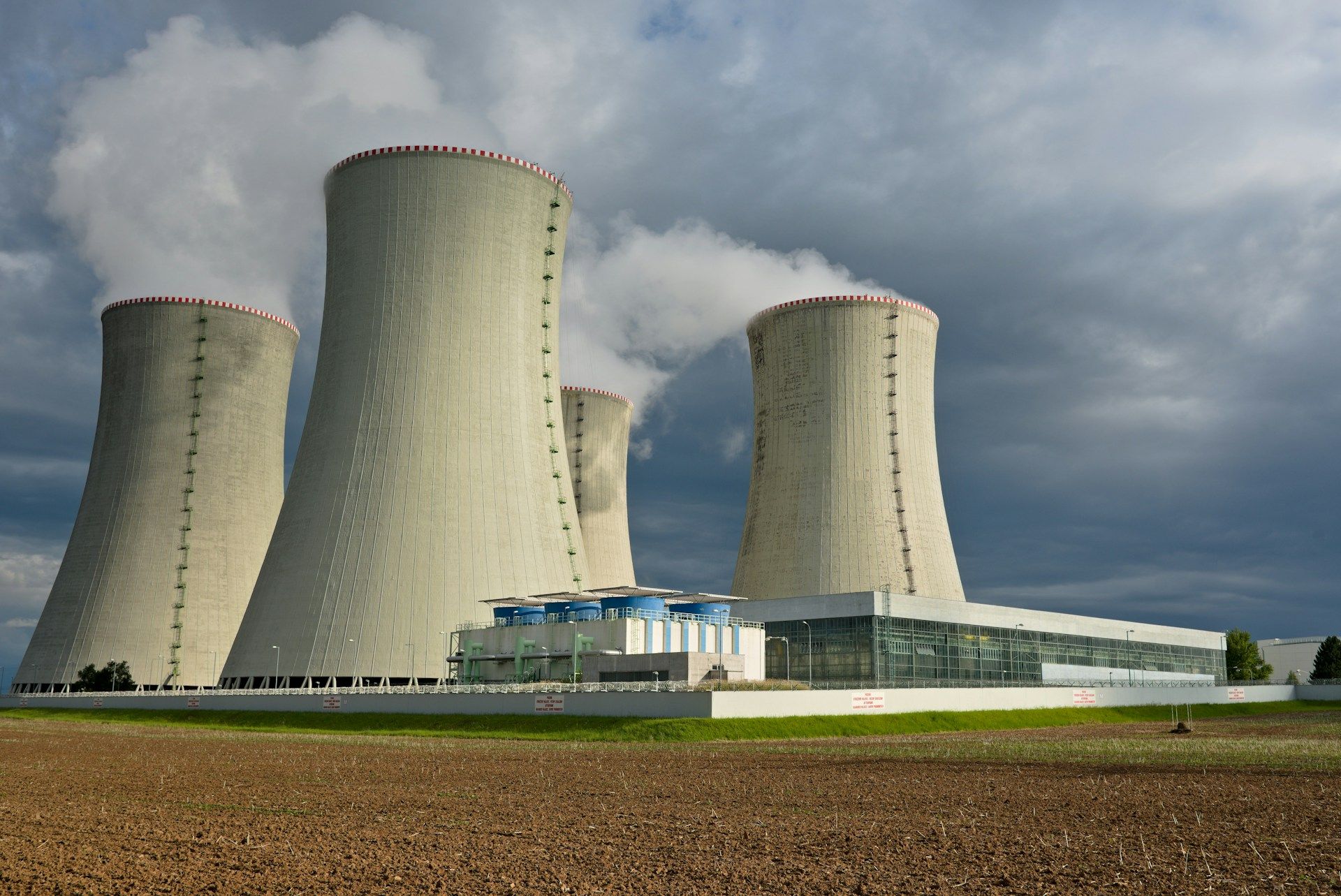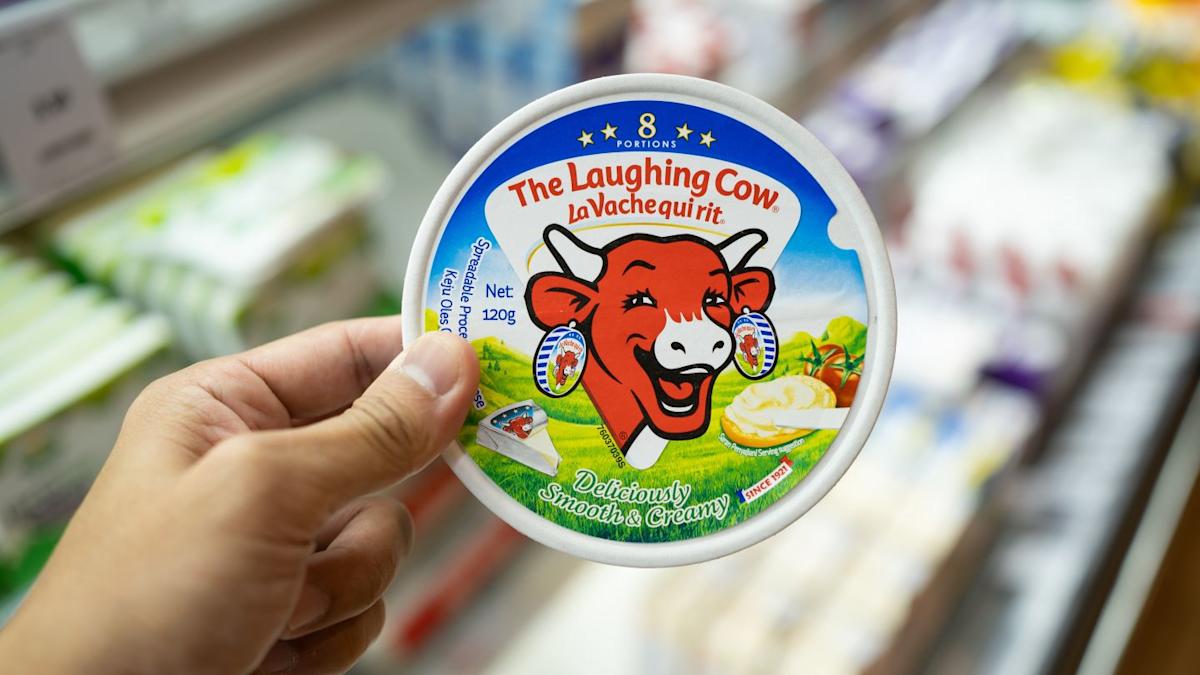Analysis-Trend hedge funds struggle as more nimble macro funds embrace whipsawing markets
By Nell Mackenzie
LONDON (Reuters) -Hedge fund returns so far this year show a stark divide between those that have been able to navigate U.S. President Donald Trump's erratic decision making and switch tactics quickly and those hemmed in by algorithmic strategies.
Systematic hedge funds, whose algorithms ride market trends until they peter out, are down over 11% so far this year to end-May, according to a Societe Generale client note seen by Reuters this week.
Global funds such as Systematica, Transtrend and Aspect Capital - between them managing almost $30 billion - run strategies that are down around 18.5%, 16.3% and 15% respectively, according to Transtrend's website and two sources close to the matter. The funds declined to comment.
In contrast, hedge funds that use their discretion on the timing of trades and the asset classes they choose were up almost 7% by the end of May, data from hedge fund research firm PivotalPath shows.
"Trend funds have been whipsawed and haven't been able to latch on to any consistent trend," said PivotalPath's head of manager relations, Gwyn Roberts.
"Every time trend funds have begun to latch on to a market move this year, it has changed."
The broadest index of European stocks gained around 10% from the start of the year to February 28 before falling by 20% over two weeks from March 25, a period that included Trump's April 2 Liberation Day tariff announcement. U.S. stocks trod a similar rocky path.
The "worst" positions causing negative returns for trend funds included U.S. Treasuries, the Australian dollar, Japanese government bonds and in May, coffee, SocGen's report said.
However, the dispersion between the two types of hedge funds has narrowed since April as markets swung back again.
MACRO UP
Discretionary macro hedge funds have achieved broadly positive returns over the first five months of the year.
Rokos Capital Management, with $22 billion in assets, had returned 9.5%, according one source, with EDL Capital up 24%, according to a second.
Brevan Howard's Alpha Strategies was up 4.32%, although its flagship fund is down 2.12%, said a third source.
Macro traders in general have averaged an 8.5% annual return while managed futures traders, which include trend funds, have averaged a 7.2% annual return since PivotalPath began collecting data in 1998, with discretionary macro traders increasing that to an average of 9.6% since 2001.
"Managed futures tend to be used in investor portfolios as a defensive allocation, which performs well when other strategies struggle," said PivotalPath's Roberts.
Content Original Link:
" target="_blank">

![Άγιος Παντελεήμονας: Έκρηξη σε κατάστημα υγειονομικού ενδιαφέροντος με δύο τραυματίες [βίντεο]](https://www.ingr.gr/images/joomgrabber/2025-08/8589233a8f.jpeg)


